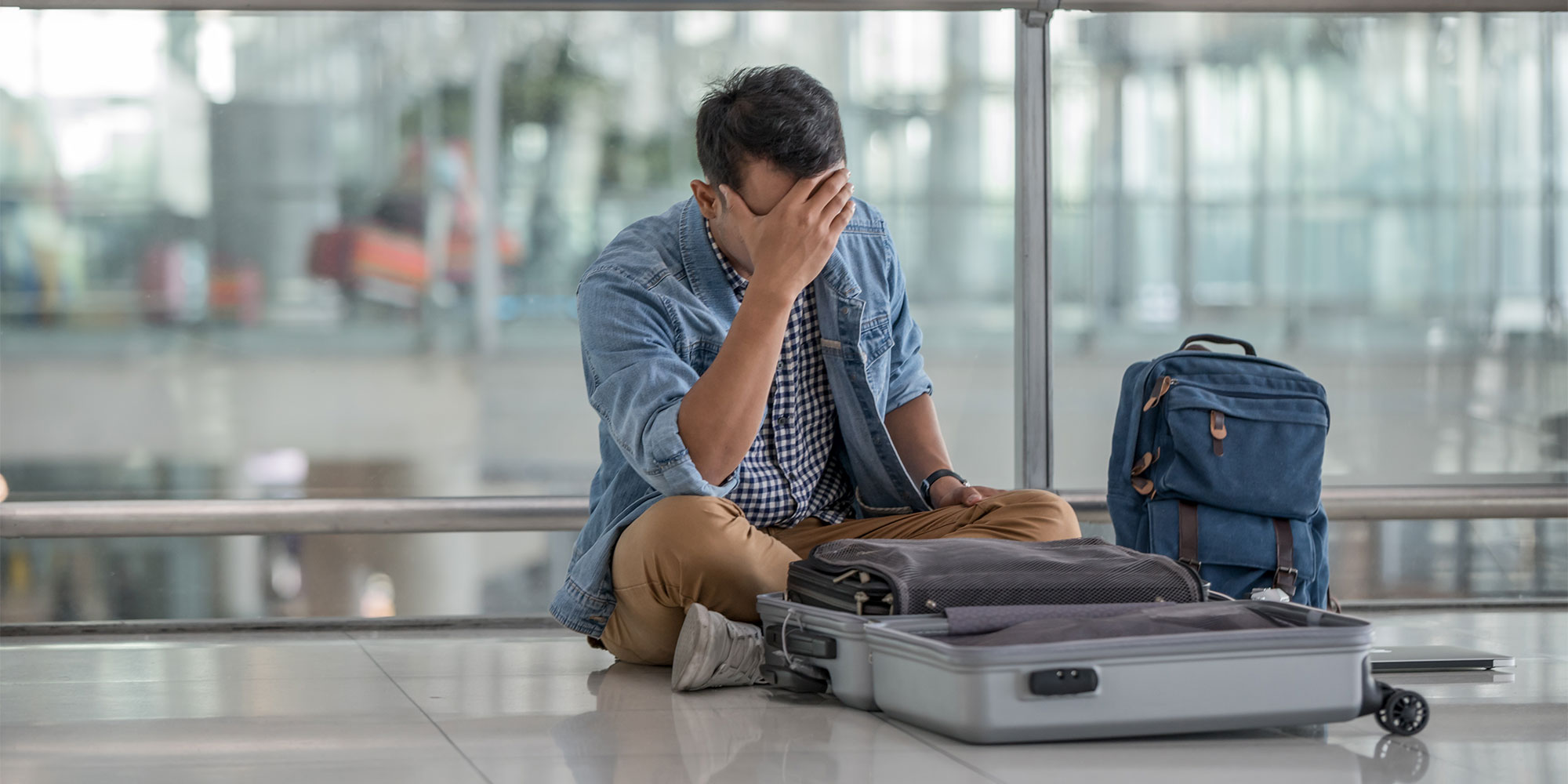
Compare travel insurance deals
Check Which? insurance ratings and compare deals using the service provided by Confused.com
Get a quoteBy clicking a retailer link you consent to third-party cookies that track your onward journey. This enables W? to receive an affiliate commission if you make a purchase, which supports our mission to be the UK's consumer champion.

More than a third of us have either lost or had an item stolen while travelling abroad, including passports and gadgets.
That’s according to a survey of holidaymakers by Tesco Insurance, which also reveals that the total cost of replacing stolen items could exceed £1,500, with mobile phones being the most commonly reported loss.
Despite these risks, many travellers are unclear about what their travel insurance actually covers.
A quarter believe ‘small issues’ aren’t worth claiming, while one in six think travel insurance is only necessary for expensive trips.
Before you jet off this summer, it’s important to understand whether your belongings are protected.

Check Which? insurance ratings and compare deals using the service provided by Confused.com
Get a quoteMost standard travel insurance policies include cover for lost or stolen belongings, but the extent of that protection can vary widely.
Typically, policies cover essential items such as passports, luggage, and personal possessions, including gadgets like phones and cameras.
We recommend choosing personal belongings cover of at least £1,500, or the total value of your possessions, to ensure you’re fully protected.
Watch out for limits on what you can claim for individual items. And take care when selecting your excess: if you must pay the first £200 of a claim, but the most you can claim per item is £300, you'll almost never claim for lost belongings.
It’s important to read your policy carefully to understand what is and isn’t covered. Most insurers require you to take reasonable care of your belongings, such as keeping valuables secure and reporting any loss or theft to local authorities promptly, usually with a police report.
If you own high-value gadgets such as an expensive smartphone, tablet or camera, it’s worth considering additional gadget or valuables cover.
Many standard travel insurance policies include some protection under personal possessions, but these often come with limits or exclusions for expensive items.
Some packaged bank accounts include travel insurance as a sweetener, so if you have one, check whether gadget cover is included and check its terms carefully to make sure it meets your needs. For example, does it cover you for trips outside Europe?
If your bank’s travel insurance doesn’t fully protect you, it’s worth calling them to see if you can add the cover you need or looking for a standalone travel insurance policy that suits you better.
You might also have some gadget cover through your home contents insurance, which often protects items you carry with you worldwide against loss, theft or damage. Again, check the limits and exclusions carefully to avoid any surprises.
If you don’t have any of these policies in place, it’s a good idea to consider gadget cover as part of your travel insurance to avoid costly replacements abroad.
Check you're getting a great deal and search for a new travel insurance policy using the service provided by Confused.com. Get a quote now
Losing your belongings abroad is stressful enough without a complicated claims process. Knowing the right steps can make claiming on your travel insurance much simpler:
Find out more: Best and worst holiday providers